ROOM: The Space magazine is one of the prominent magazines on space exploration, technology and industry. At ROOM, we share a common dream – promotion of peaceful space exploration for the benefit of humankind, all while bringing you detailed articles on a variety of current topics. Our authors include academics and industry leaders from all over the world, which lets us bring you the newest and accurate information about all about space magazine pdf free download.
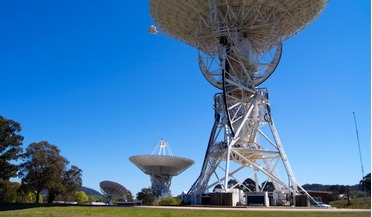 February 2019
Building a space museum from scratch
February 2019
Building a space museum from scratch
...-format printing company in Canberra that could do what I wanted, but obviously it was not going to happen for free. There comes a time in any project where the realities of money set in. I discovered, however, that there was... that benefit all of us every day. The empty shell I inherited now has over 70,000 visitors a year coming out to see it and 10,000 school students and their teachers coming to learn about the wonders of space and Australia...
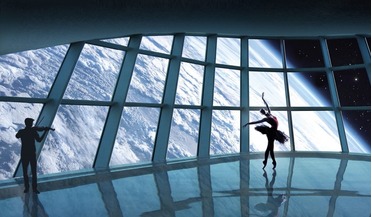 October 2018
The ethics of space exploration
October 2018
The ethics of space exploration
... of the activities themselves. As a child, the first image that came to my mind when thinking about space exploration, was that of an astronaut delicately picking up a rock, somewhere on the vast expanses of the...meaning I have mixed feelings about that narrative of space exploration. As a technology enthusiast, I am delighted – except, of course, for the seemingly inevitable space war. The progress we are making is beyond all hope. Part of me,...
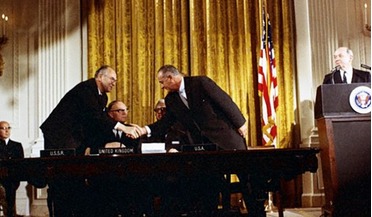 July 2019
Who owns outer space?
July 2019
Who owns outer space?
... out for the benefit and in the interest of all countries and shall be the province of all mankind Outer space shall be free for exploitation and use by all states Outer space is not subject to national appropriation by claim of ...About the author Angela Dennis is a writer & researcher in Brisbane, Australia, who covers topics relating to science, economics, culture and law. She has degrees in law and physics and has written for magazines...
 January 2021
Time to change our relationship with space?
January 2021
Time to change our relationship with space?
... it a sense of adventure, danger and romance reminiscent of the cultural impact of the Space Age. Isn’t this our destiny, isn’t this what ‘Space’ is all about? Chris Lee argues that humanity’s destiny today remains Earth and not... of ‘astronaut as hero’ was more muted in my upbringing, the PR less obvious, the people more distant. TIME magazine was not a regular on our coffee table. Instead I was fascinated by where the astronauts were going and...
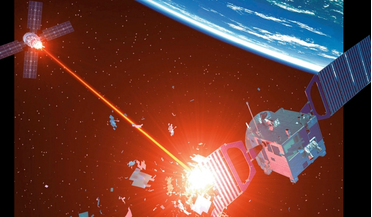 June 2022
Military space – how worried should we be?
June 2022
Military space – how worried should we be?
...military’ space and ‘civilian’ space, with an all-civilian space agency, NASA. The government and media portrayal of early space was unmistakably ‘peaceful purposes’: see the film The Right Stuff, read the US-published Colliers magazine or Russia... both the famous Telstar communications satellite and the first British satellite, Ariel, but few talked about it. The Manned Orbiting Laboratory (MOL) project, cancelled in 1969, was touted as an early ...
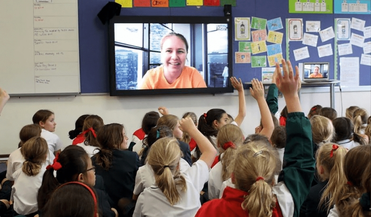 August 2020
Opportunities for young people in the space sector
August 2020
Opportunities for young people in the space sector
...need to educate young people about space-related activities and careers and provide them with the skills needed to enter the sector. There are year-round events for students of all ages, backgrounds and abilities... X: Train Like an Astronaut, an international challenge which focuses on topics in space, science, fitness and nutrition. Citizen science portals like Zooniverse offer free and online-accessible activities that teachers can use for class...
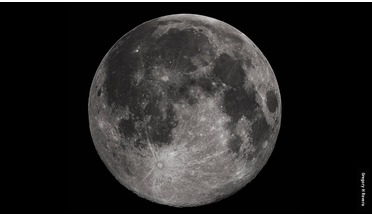 November 2021
The philosophy of space missions today
November 2021
The philosophy of space missions today
...can philosophy say about space exploration, and what exactly is the philosophy behind any space mission? In this article, philosopher Konrad Szocik outlines the main issues that the philosophy of space mission deals with...might be. Philosophers ponder not only whether we should inform a potential extraterrestrial intelligence of our existence at all, but also what protocols Earth residents should apply in the event of an encounter with such an ...
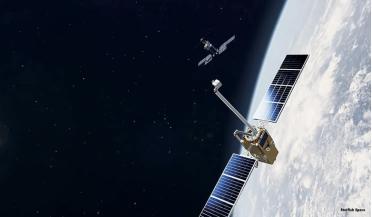 October 2025
The law as a last line of defence when space debris hit home
October 2025
The law as a last line of defence when space debris hit home
... potential outline of a more robust provision of data about space. The increasing number of satellites in orbit lends an urgency to the need for improving Space Situational Awareness (SSA). Only through this can satellite ...as a compensation model for in-orbit incidents as it is particularly difficult to identify fault in outer space, thus freeing the Claimant from needing to prove causation by a specific State. Alejandro Otero holds the piece of ...
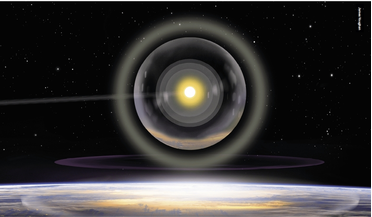 April 2021
Space wars - how they start and how to end them
April 2021
Space wars - how they start and how to end them
... of differing cultures and historical sensitivities to past military conflicts. How to end a space war Wars are all ultimately about politics. It might be assumed that when the initial reasons for the start of ...display. Notional orbital attack detection display. Due to the right of free passage in space already established by international agreements and tradition, how does one hold on to space ‘territory’? Is it similar to the law of the sea ...